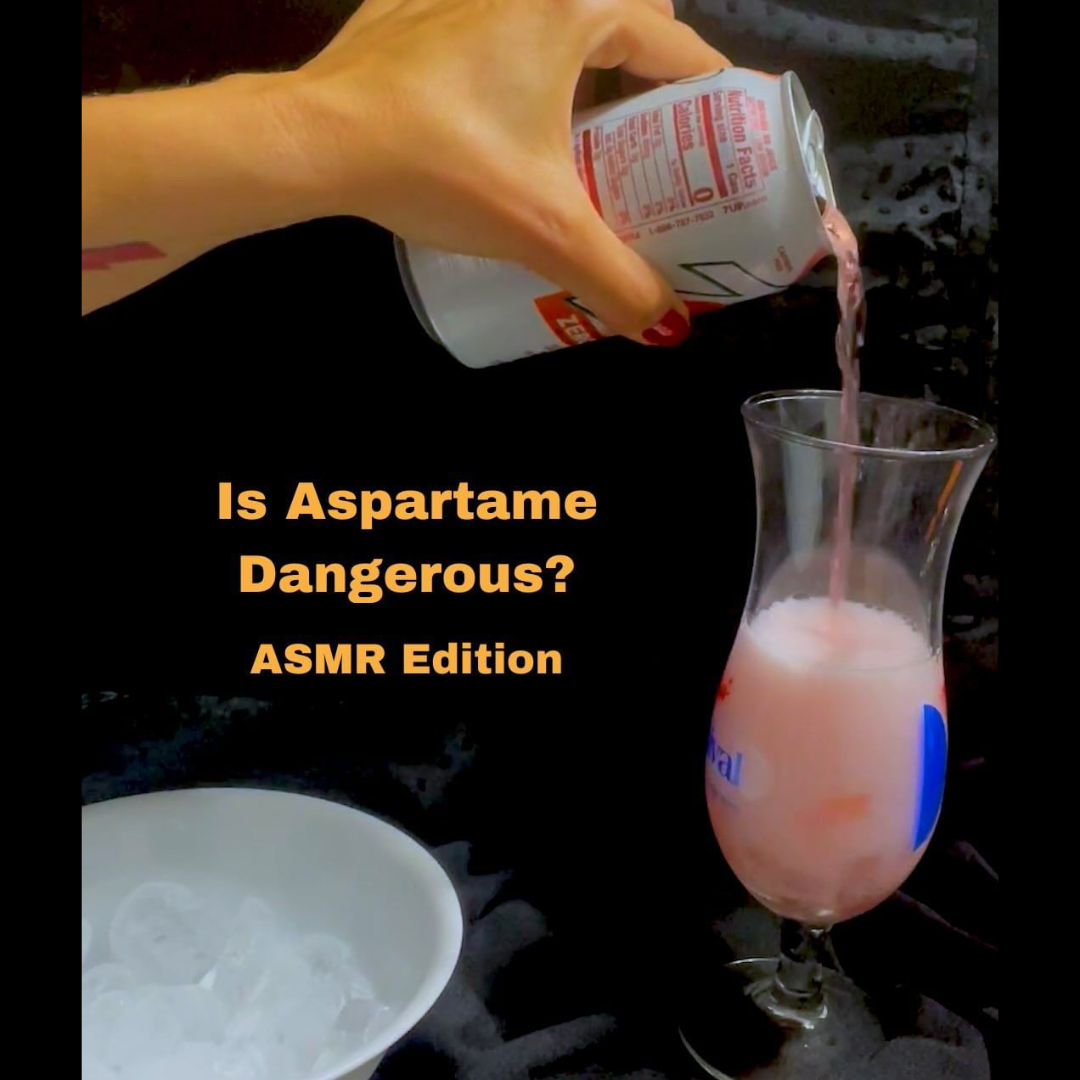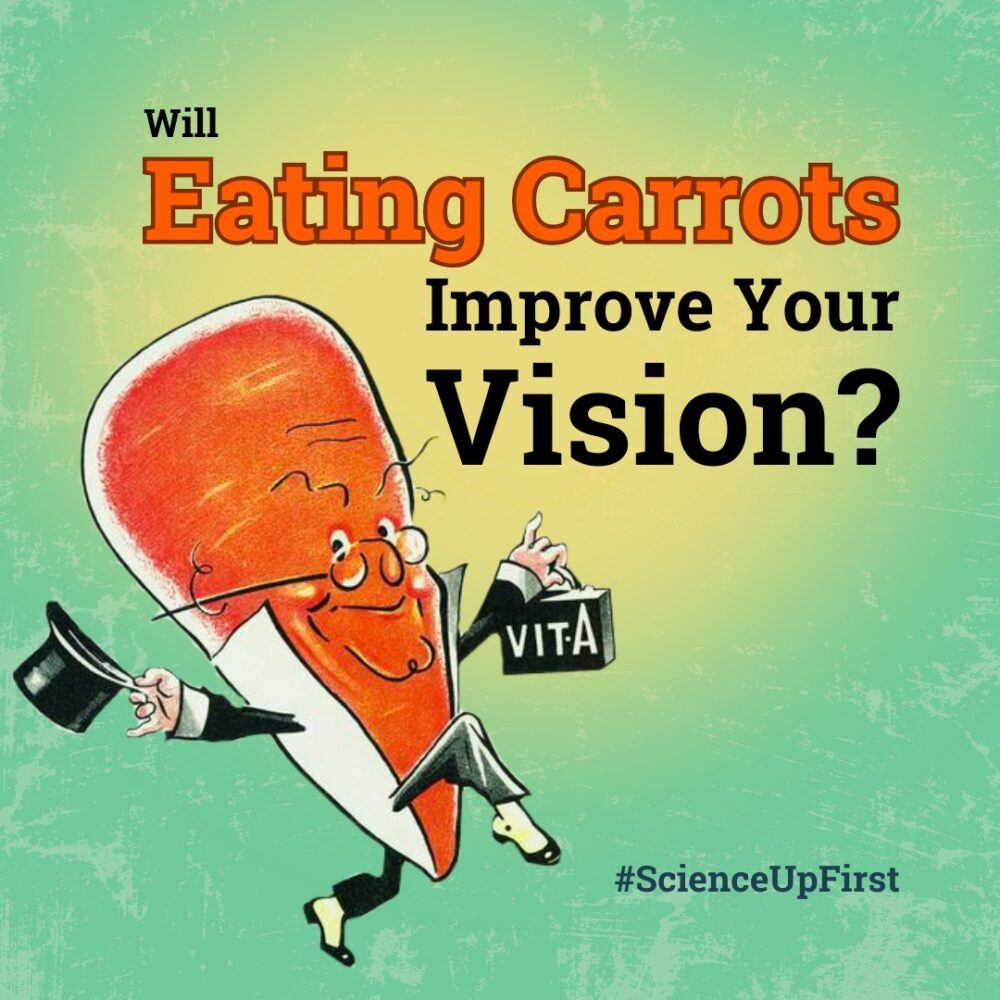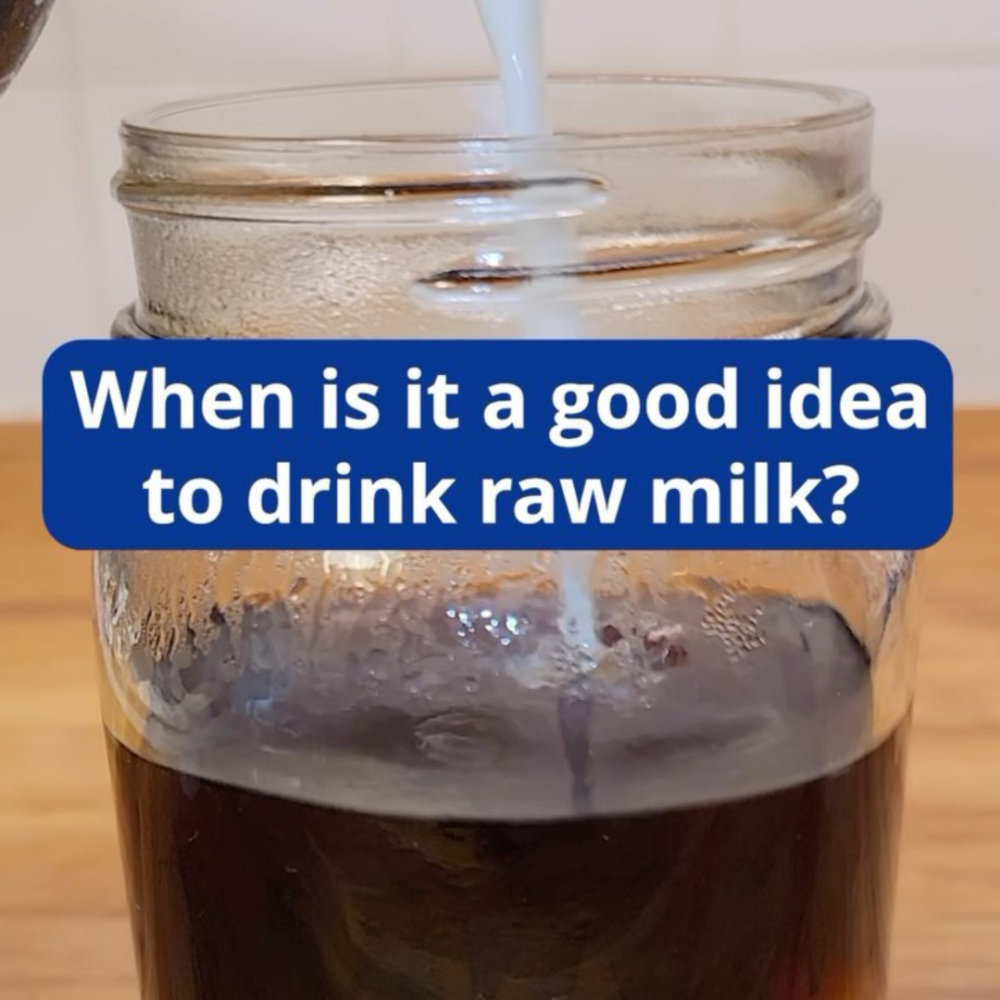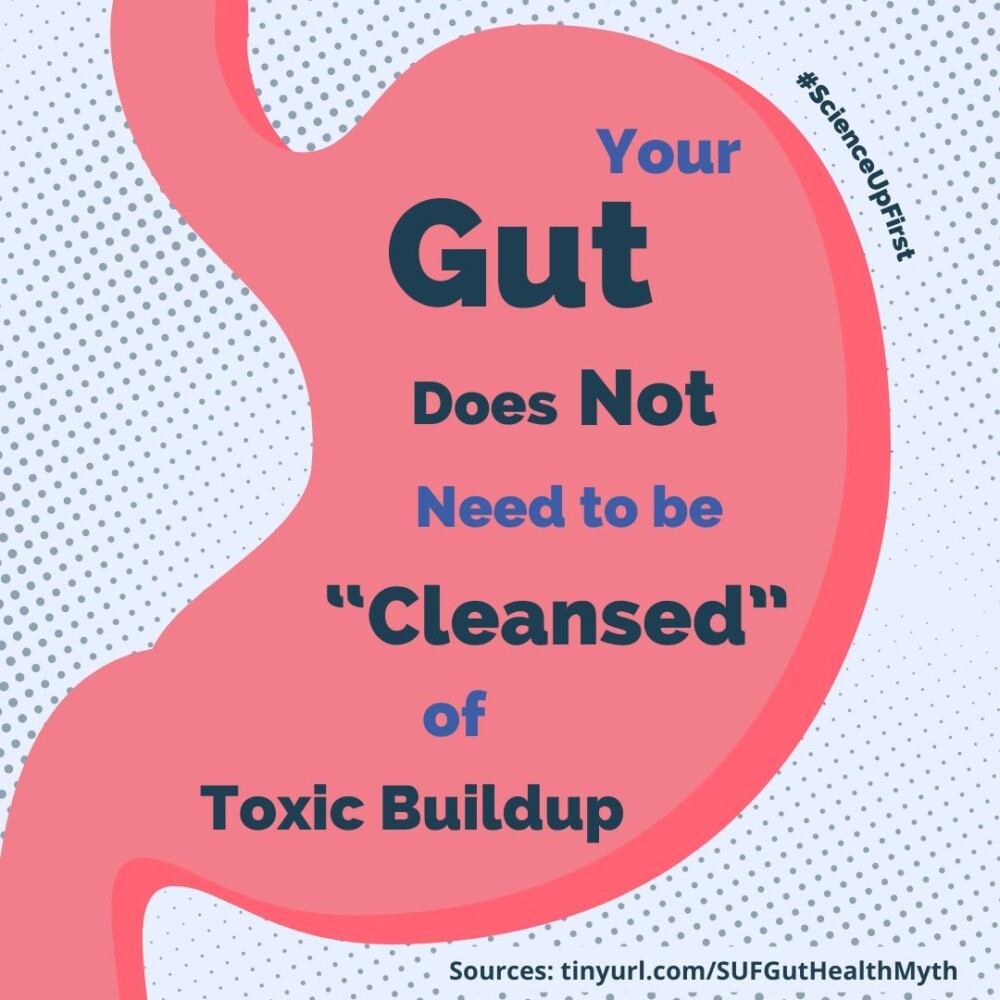Aspartame might be classified as a possible carcinogen (i.e an agent, natural or human-made, that has the potential to cause cancer (1)) by the International Agency for Research on Cancer (IARC) soon (2).
IARC classifies an agent into 3 groups according to how strong the evidence is that the agent is carcinogenic (2,3,4):
- Group 1. Carcinogenic → convincing evidence the agent causes cancer in humans.
- Group 2A. Probably carcinogenic → two or more of the following.
- Limited evidence in human
- Sufficient evidence in animal
- Similar characteristics as other known carcinogens
- Group 2B. Possibly carcinogenic → only one of the above.
- Group 3. Not classifiable → Not enough evidence of carcinogenicity. *This classification system does not take into account the level of risk to which the agents might be carcinogenic (1,2,3,5,6).
So, what is the evidence saying about aspartame?
- Many agencies have deemed aspartame safe when consumed within the recommended amount (7,8,9,10,11,12,13).
- Some studies found that aspartame might increase the risk of cancer in humans and in animals (14,15,16).
Bottom line, exposure to carcinogens is not a cancer sentence (i.e. everyone is exposed to UV radiation, a group 1 carcinogen (6), but not everyone develops skin cancer). Cancer is complex and multifactorial – it relies on environmental factors, genetics, and level of exposure (1).
Currently, aspartame’s Acceptable Daily Intake (ADI) is 40 mg per kg of body weight (8). Thus, an 80 kg (~176 lb) individual can safely consume 3,200 mg of aspartame (i.e. around 16 diet soda cans) per day (17,18).
Like with everything, too much of something can be bad for you. If you are worried, try to diversify the kind of artificial sweetener you use and to keep track of how much aspartame you consume daily to keep under the recommended ADI (17).
Big thanks to @Myriam.Beaudry.dtp whose post on aspartame inspired us!
Share our original Tweet!
Aspartame might be classified as a possible carcinogen soon. What does it mean?
Read the full post to get all the facts and nuance https://t.co/WBXUKH8w7H#ScienceUpFirst
— ScienceUpFirst | LaScienced’Abord (@ScienceUpFirst) July 13, 2023
View our original Instagram Post!
View this post on Instagram
- Carcinogen
- Exclusive: WHO’s cancer research agency to say aspartame sweetener a possible carcinogen -sources
- IARC Monographs on the Identification of Carcinogenic Hazards to Humans – Preamble
- IARC Monographs on the Identification of Carcinogenic Hazards to Humans Questions and Answers | FR : Monographies du CIRC sur l’identification des dangers cancérogènes pour l’Homme Questions-Réponses
- Aspartame sweetener to be declared possible cancer risk by WHO, say reports | Health
- Known and Probable Human Carcinogens
- Aspartame and Other Sweeteners in Food
- Aspartame | FR : L’aspartame
- Updated opinion on a request from the European Commission related to the 2nd ERF carcinogenicity study on aspartame, taking into consideration study data submitted by the Ramazzini Foundation in February 2009
- Report of the Meeting on Aspartame with National Experts
- Aspartame
- Aspartame
- Artificial Sweeteners and Cancer
- Artificial sweeteners and cancer risk: Results from the NutriNet-Santé population-based cohort study
- Identification of aspartame-induced haematopoietic and lymphoid tumours in rats after lifetime treatment
- First Experimental Demonstration of the Multipotential Carcinogenic Effects of Aspartame Administered in the Feed to Sprague-Dawley Rats
- Artificial Sweeteners
- The complicated truth behind aspartame




